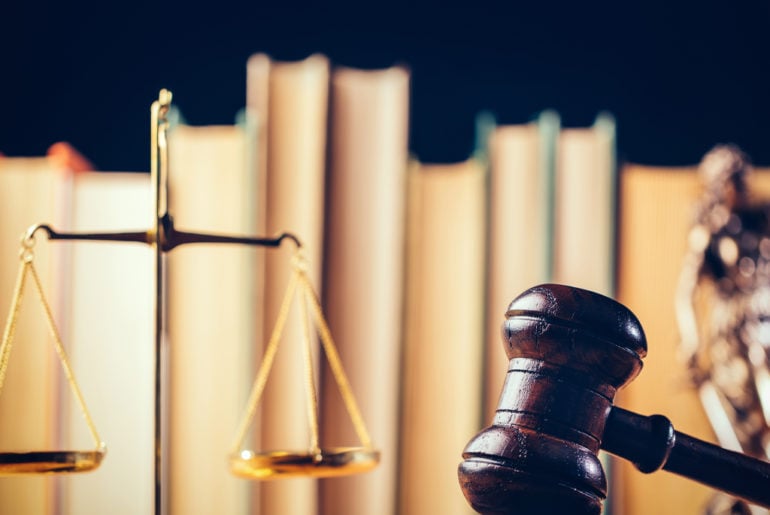Predictions about the spread of COVID-19 through significant parts of the population and its effects on American life are staggering. The Centers for Disease Control and Prevention (CDC) reports more than 54,000 confirmed cases in the United States. As countries across the world implement new, extraordinary measures in an attempt to contain the coronavirus, which infects clusters of people (including co-workers), employers face rapidly evolving compliance issues.
Employers must provide employees a safe place to work under the Occupational Safety and Health Act’s “General Duty Clause.” This catchall safety provision applies to “recognized hazards.” When OSHA addresses a pandemic, it reminds employers of their general duty to protect employees from airborne infectious diseases. Given the Act’s remedial purpose “is prophylactic in nature,” Whirlpool Corp. v. Marshall, 445 U.S. 1, 12 (1980), developing, maintaining, and implementing workplace plans to reduce worker exposure is crucial to mitigate the risk of citation.
But what about those that are already exposed despite adequate workplace measures? Many individuals are asymptomatic or can carry (and spread) COVID-19 for up to two weeks without illness. Employers should assume—and plan for the unfortunate reality—that most employees will suffer a consequence because of COVID-19.
Recent gubernatorial decisions have forced thousands of “nonessential” businesses to shut down and send employees home, threatening the economy. While other businesses providing “essential services,” such as healthcare providers, grocery stores, and restaurants, remain open, they likewise face myriad challenges. As the coronavirus pandemic escalates, so does uncertainty and risk. Adding insult to injury, litigation tends to increase in times of crisis. The coronavirus has already disrupted the workplace; it will undoubtedly continue to do so, implicating numerous employment laws that could give rise to unprecedented legal claims.
Click here for additional information, including:
- Claims arising under equal employment opportunity laws
- Claims for interfering with or denying leave or sick time
- Potential wage and hour violations stemming from remote work and the economic impact of COVID-19
- Potential violations of a Collective Bargaining Agreement (CBA)





